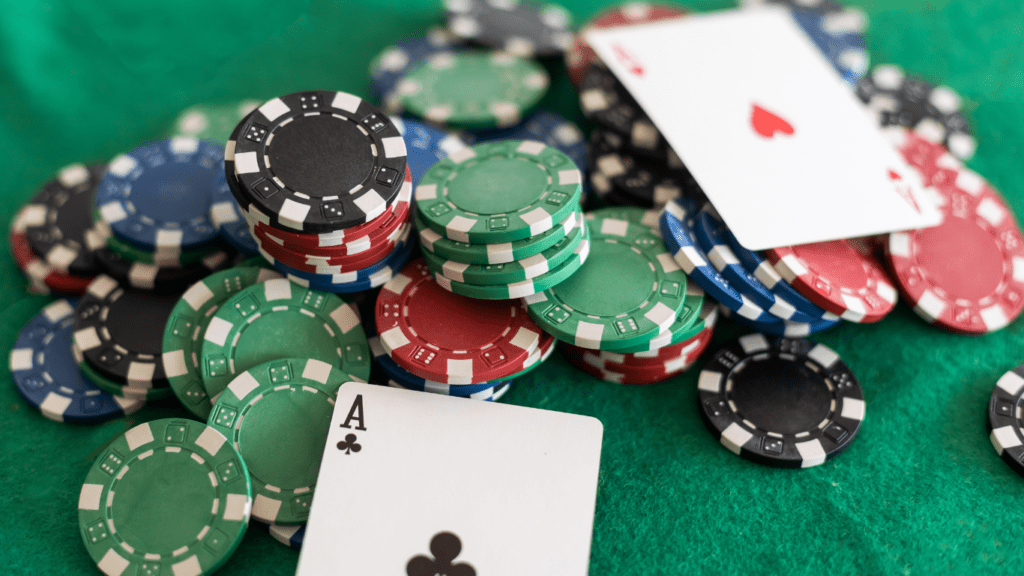Understanding the Psychology of Gambling
In gambling, psychology plays a crucial role in shaping how decisions are made and risks are perceived. Those who master these mental elements often find greater success in various betting scenarios.
The Role of Emotion in Gambling
Emotion significantly influences gambling behavior. Excitement and anxiety often drive impulsive actions. For example, during a losing streak, the urge to recover losses can lead to reckless betting. Conversely, overconfidence from a winning streak might cause high-risk decisions. Recognizing these emotional triggers allows for better self-control and enhances decision-making consistency.
Cognitive Biases and Decision Making
Cognitive biases affect judgment in gambling. One common bias is the Gambler’s Fallacy, where individuals believe past outcomes influence future ones. For instance, assuming a slot machine will pay out after several losses is misguided. Confirmation bias also plays a role, as gamblers tend to recall wins more than losses, distorting their perception of success. By identifying these biases, more logical and strategic choices are facilitated.
Strategies for Winning
Winning in gambling requires more than luck. Effective strategies blend psychological tactics with practical skills.
Bankroll Management
Managing a bankroll ensures longevity in gambling. I allocate a specific amount to play, not exceeding it, which minimizes financial risks. Sticking to a budget enhances control and reduces impulsive betting. For instance, if I dedicate $200 for a session, I stop playing once it’s spent, preventing unforeseen losses.
Developing a Winning Mindset
A winning mindset involves confidence and focus. I set realistic goals before gambling and maintain discipline regardless of winning or losing streaks. By managing emotions like anxiety or excitement, I make rational decisions. Incorporating visualization techniques helps me stay positive and visualize potential outcomes, boosting overall performance.
The Impact of Winning on Mental Health

Winning in gambling can have profound effects on one’s mental health. The exhilaration that comes with victory can be as influential as the crushing weight of loss.
The Thrill of Winning
Experiencing a win triggers a release of dopamine in the brain. This chemical surge generates feelings of pleasure and reinforcement, which can increase the desire to gamble further. While these sensations boost mood temporarily, they might also lead to developing an unhealthy dependency on gambling for emotional highs. For instance, frequent wins could encourage a person to chase that same thrill, potentially ignoring practical constraints or financial limits.
Coping with Losses
Dealing with losses requires robust psychological strategies. Emotions like frustration and disappointment often follow unsuccessful bets. The ability to manage these emotions determines one’s long-term relationship with gambling. Some gamblers might engage in denial or escape tactics, while others might adopt healthier coping strategies such as setting strict gambling limits or pursuing alternative hobbies. Understanding personal reactions to losses allows individuals to develop coping mechanisms that mitigate negative effects and support mental resilience.
Responsible Gambling Practices
Understanding responsible gambling practices enhances the gaming experience and safeguards mental health. These practices empower gamblers to stay mindful and make informed decisions.
Setting Limits
I always recommend setting financial and time limits before engaging in gambling activities. These limits act as protective barriers to prevent overindulgence. Allocating a predetermined budget ensures that gambling remains an entertainment expense. Scheduling specific times for gambling and sticking to them can help maintain a healthy balance between gaming and other life activities. This approach not only reduces the risk of financial loss but also promotes discipline and control.
Recognizing Problematic Behavior
Recognizing the signs of problematic gambling behavior is essential for maintaining mental and financial well-being. I identify red flags such as a preoccupation with gambling, increasing wager amounts, and persistent attempts to recover losses. These behaviors indicate a shift from entertainment to compulsion. Acknowledging these signs early allows for timely intervention, whether through self-assessment or seeking professional support. Staying informed about these indicators ensures that gambling remains a controlled and enjoyable activity.



 _____
Marshane Jacobsin – Digital Tools Developer
Marshane Jacobsin is the tech innovator on the team. She designs and develops intuitive tools that empower gamblers, from calculators to betting trackers. Marshane's expertise ensures that users have access to cutting-edge resources that enhance their gambling strategies while promoting responsible play.
_____
Marshane Jacobsin – Digital Tools Developer
Marshane Jacobsin is the tech innovator on the team. She designs and develops intuitive tools that empower gamblers, from calculators to betting trackers. Marshane's expertise ensures that users have access to cutting-edge resources that enhance their gambling strategies while promoting responsible play.